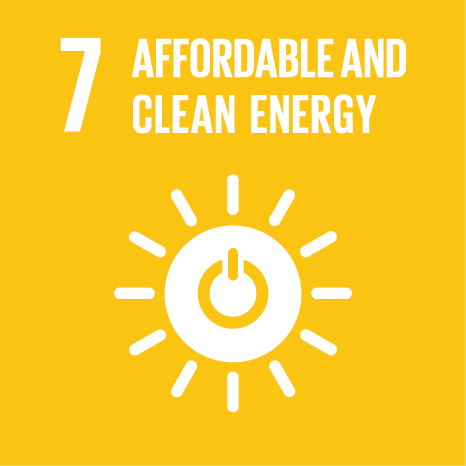Ciência-IUL
Publications
Publication Detailed Description
What of recognition justice?: An empirical analysis of the role of recognition justice in social housing smart city projects in the global north
Book Title
Living with energy poverty: Perspectives from the global north and south
Year (definitive publication)
2023
Language
English
Country
United Kingdom
More Information
Web of Science®
This publication is not indexed in Web of Science®
Scopus
Google Scholar
Abstract
Zero or low carbon emission policies at the urban level, such as smart city projects for mass retrofitting the built environment, are increasingly promoted in the Global North, but often without considering how they ignore or reproduce social inequalities. Inequalities include socio-psychological and political aspects such as citizens' agency. As argued in this chapter, this might be related to the fact that recognition justice tends to be neglected in energy vulnerability research as a key factor for energy justice.
In this chapter, we empirically analyse the role of recognition justice by examining the experience of social housing tenants in a smart city project in Bolzano, Italy. Data was collected through semi-structured interviews triangulated with interviews conducted with other community stakeholders, ethnographic observations, and official documents. The case study, Sinfonia, included technical and behavioural interventions that were implemented to achieve clean and affordable energy (SDG7) in five building complexes throughout the city, led by the local social housing providers in partnership with the local municipality and province, a local research centre, and an energy provider.
The study reveals that recognising citizens as agentic and deserving of respect is critical in justice-informed smart city projects, including towards promoting the social acceptance of associated equipment and interventions, such as smart metres and house renewals, towards higher energy efficiency. Significantly, citizens' agency is intertwined with other socio-psychological factors, such as people-place or people-people relations and wider governance processes. Whilst residents are mainly satisfied with the outcomes of Sinfonia, misrecognising their agency and their social role seems to lead to negative feelings or detachment, disempowerment, and less engagement with the related smart city initiatives.
The research shows that recognition justice and associated socio-psychological dimensions are crucial for achieving SDG7, even when complete public funding is secured, to ensure proactive social acceptance and the empowerment of citizens by recognising their agency and civic rights.
Acknowledgements
--
Keywords
Fields of Science and Technology Classification
- Psychology - Social Sciences
Related Projects
This publication is an output of the following project(s):
Contributions to the Sustainable Development Goals of the United Nations
With the objective to increase the research activity directed towards the achievement of the United Nations 2030 Sustainable Development Goals, the possibility of associating scientific publications with the Sustainable Development Goals is now available in Ciência-IUL. These are the Sustainable Development Goals identified by the author(s) for this publication. For more detailed information on the Sustainable Development Goals, click here.

 Português
Português



